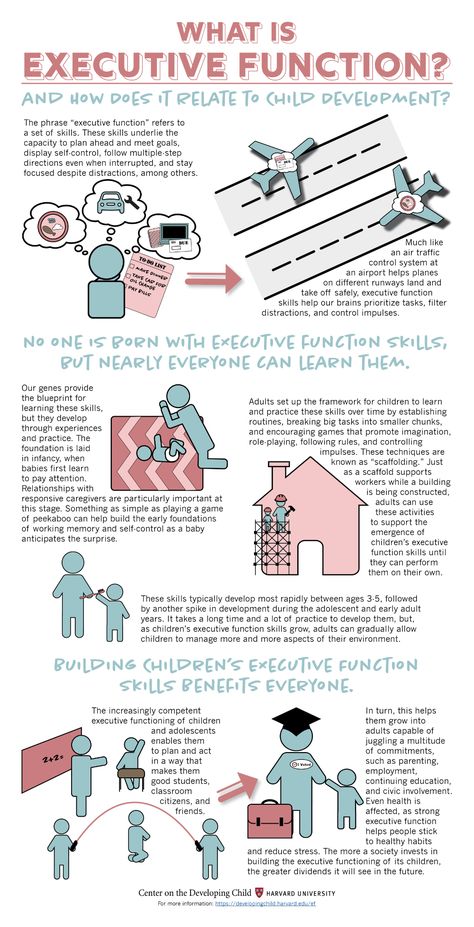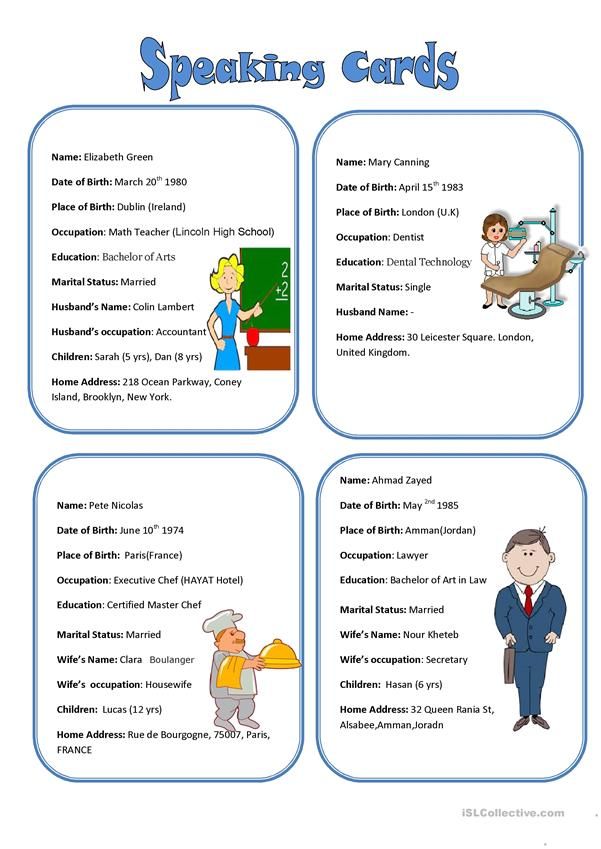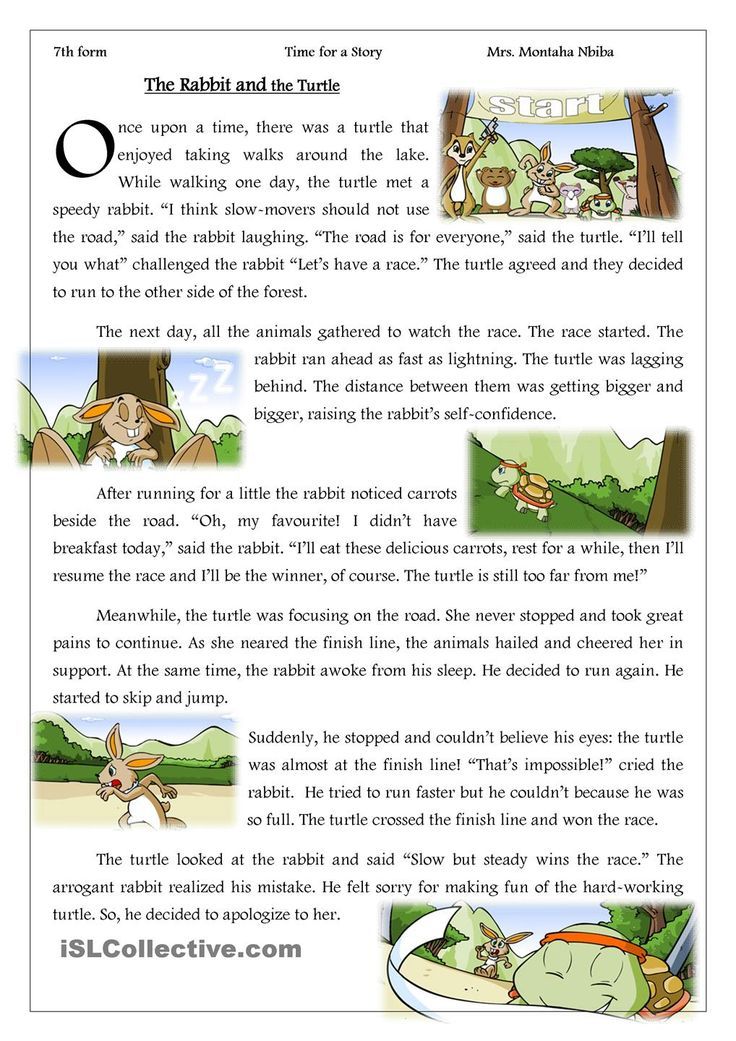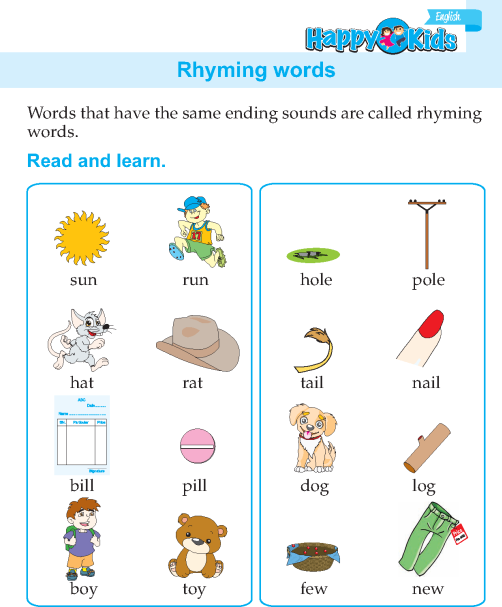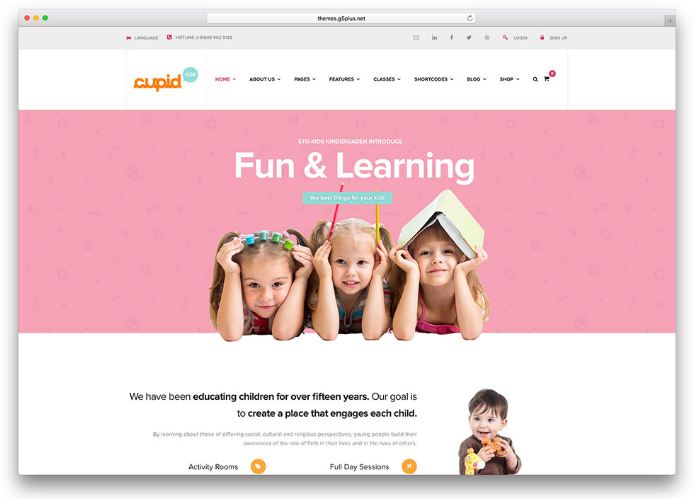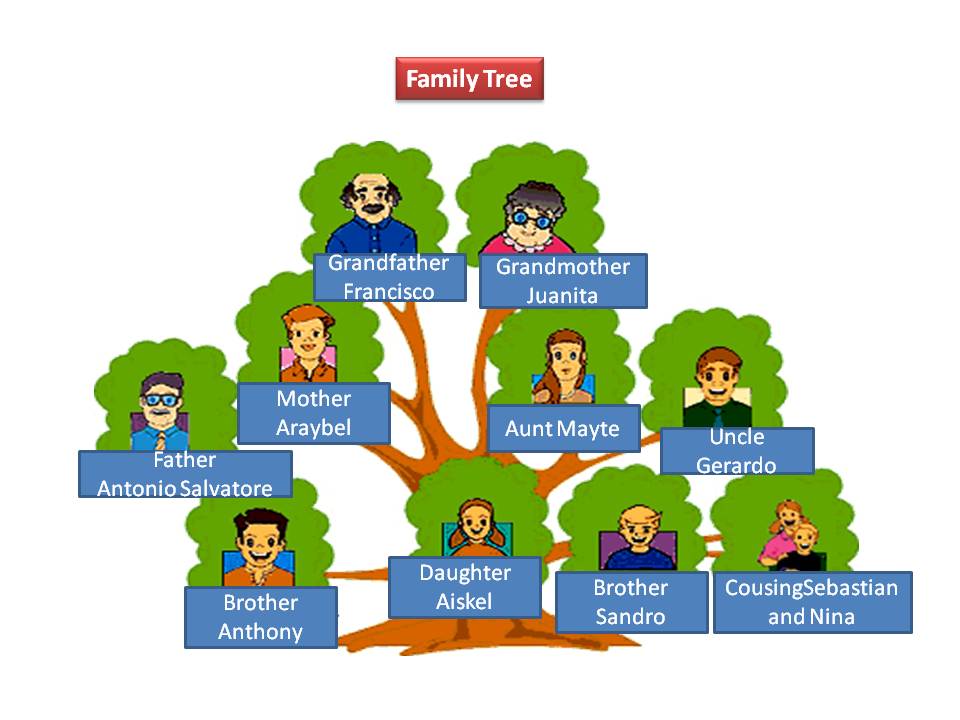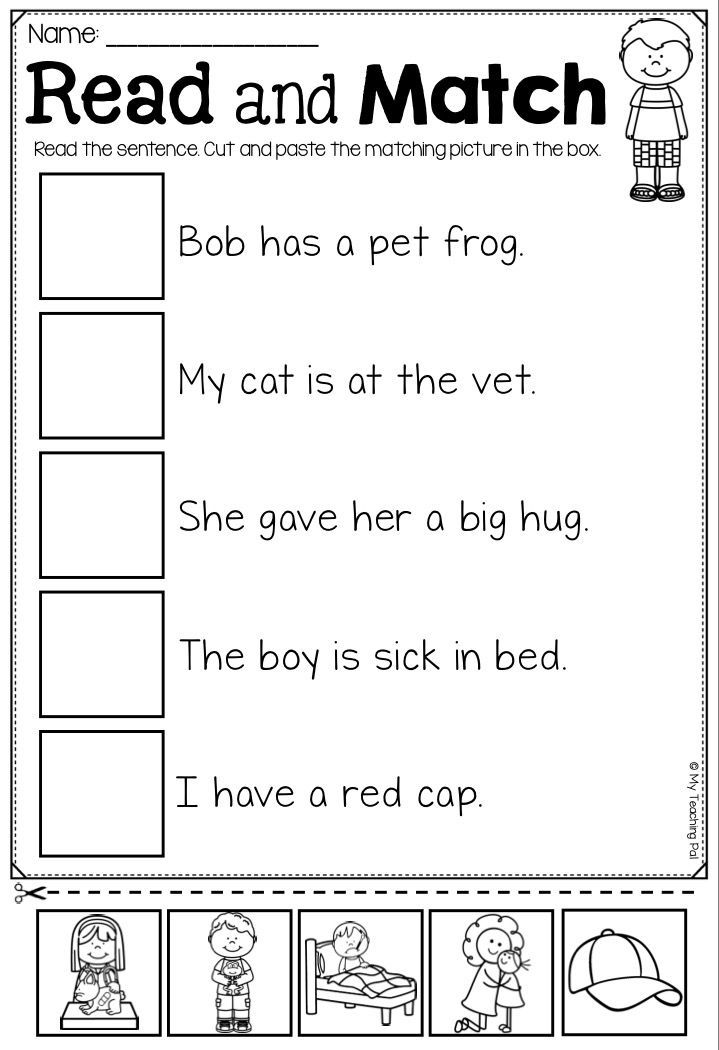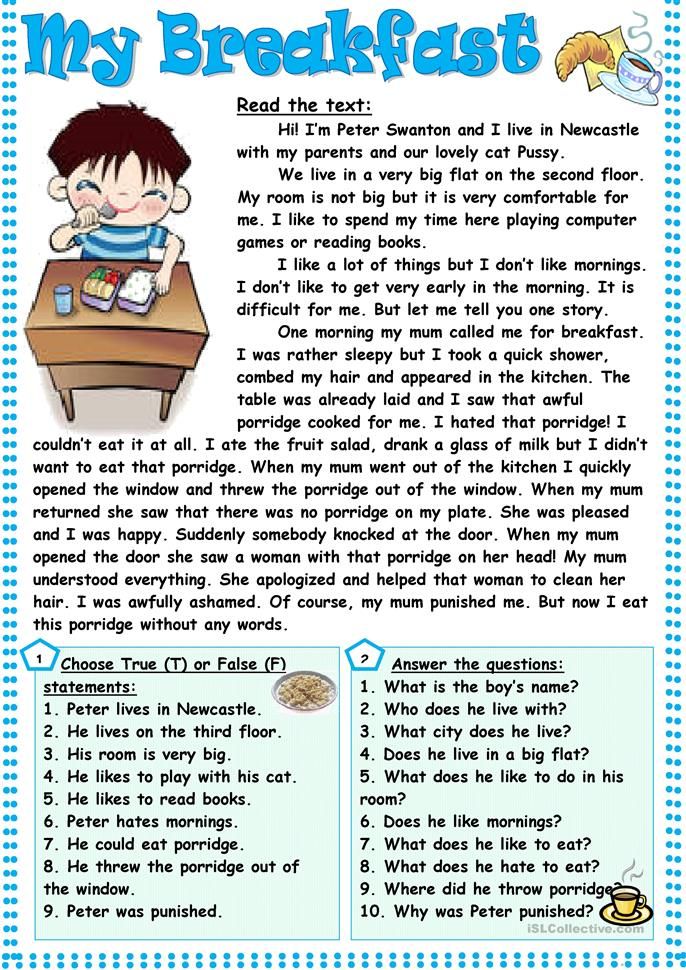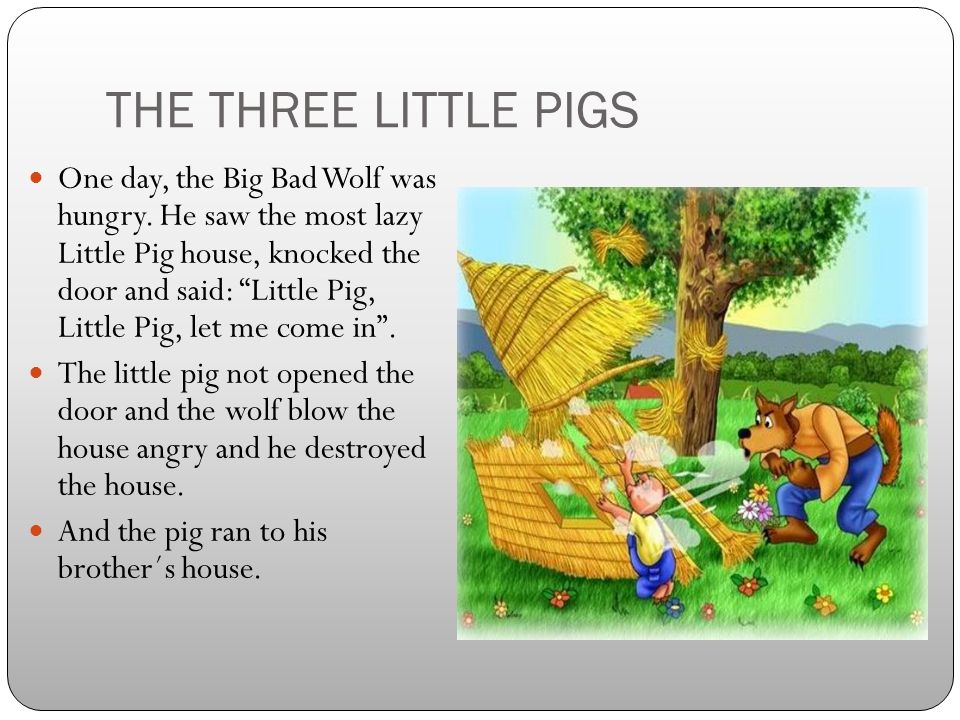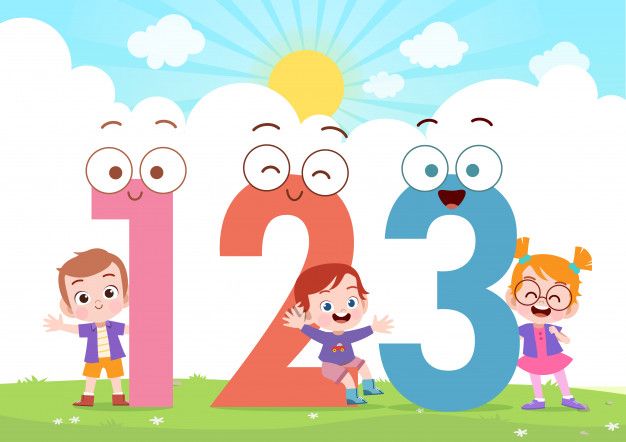Skills in children
Bright Horizons | Teaching Kids Life Skills: 7 Essential Life Skills to Help Your Child Succeed
What Are the Most Important Life Skills for Kids to Learn?
- Focus and Self-Control
- Perspective-Taking
- Communication
- Making Connections
- Critical Thinking
- Taking on Challenges
- Self-Directed, Engaged Learning
What Are Life Skills?
Teachers sometimes describe these skills as “learning to learn” skills, which can be developed through intentional daily activities.
Below, we explore the seven essential life skills and offer some simple ways to nurture them.
Life Skill Activities to Incorporate into Your Child’s Daily Routine
1. Focus and Self-Control
Children thrive on schedules, habits, and routines, which not only create a feeling of security, but also help children learn self-control and focus. Talk with your child about what to expect each day. Organize your home so your child knows where to put shoes, coats, and personal belongings.
We live in a noisy, distraction-filled world, so quiet activities like reading a book, enjoying sensory activities, or completing a puzzle together can help your child slow down and increase focus.
2. Perspective-Taking
Thinking about another’s point of view doesn’t come naturally to most children, but it can be developed. Discuss characters’ feelings and motivations in the books you read, e.g., “I wonder why the cat and the pig wouldn’t help the little red hen.” Make observations about how others are feeling, e.g., “Alex was really sad that he didn’t get a turn. I wonder what we can do to make him feel better.”
3. Communication
Children need high-touch personal interactions every day to build healthy social-emotional skills, including the ability to understand and communicate with others. While the pace at which they develop these skills may vary, children need to learn how to “read” social cues and listen carefully. They must consider what they want to communicate and the most effective way to share it. Just talking with an interested adult can help build these skills. Spend time every day listening and responding to your child without distractions.
Just talking with an interested adult can help build these skills. Spend time every day listening and responding to your child without distractions.
4. Making Connections
True learning, says Galinsky, occurs when we can see connections and patterns between seemingly disparate things. The more connections we make, the more sense and meaning we make of the world. Young children begin to see connections and patterns as they sort basic household items like toys and socks. Simple acts, such as choosing clothing appropriate for the weather, helps them build connections. Point out more abstract connections in life, or in stories you read, e.g., “This book reminds me of when we picked sea shells at the beach.”
5. Critical Thinking
We live in a complex world in which adults are required to analyze information and make decisions about myriad things every day. One of the best ways to build critical thinking is through rich, open-ended play. Make sure your child has time each day to play alone or with friends. This play might include taking on roles (pretending to be fire fighters or super heroes), building structures, playing board games, or playing outside physical games, such as tag or hide-and-go-seek. Through play, children formulate hypotheses, take risks, try out their ideas, make mistakes, and find solutions—all essential elements in building critical thinking.
This play might include taking on roles (pretending to be fire fighters or super heroes), building structures, playing board games, or playing outside physical games, such as tag or hide-and-go-seek. Through play, children formulate hypotheses, take risks, try out their ideas, make mistakes, and find solutions—all essential elements in building critical thinking.
6. Taking on Challenges
One of the most important traits we can develop in life is that of resilience—being able to take on challenges, bounce back from failure, and keep trying. Children learn to take on challenges when we create an environment with the right amount of structure—not so much as to be limiting, but enough to make them feel safe. Encourage your child to try new things and allow reasonable risk, such as climbing a tree or riding a bike. Offer a new challenge when she seems ready, e.g., “I think you’re ready to learn to tie your shoes. Let’s give it a try.” Focus more on effort than achievement, e.g.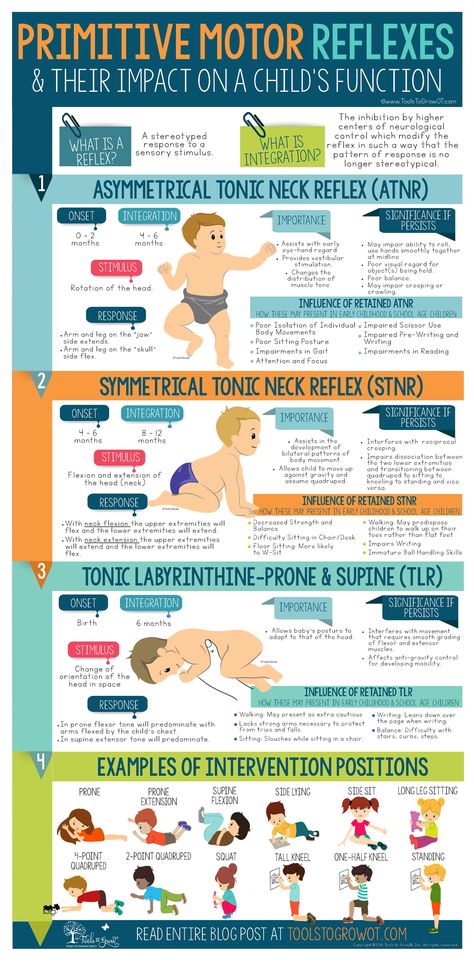 , “Learning to tie your shoes was really hard, but you kept trying. Well done.”
, “Learning to tie your shoes was really hard, but you kept trying. Well done.”
7. Self-Directed, Engaged Learning
A child who loves learning becomes an adult who is rarely bored in life. To encourage a love of learning, try to limit television and encourage plenty of reading, play, and open-ended exploration. Model curiosity and enthusiasm for learning in your own life by visiting the library together, keeping craft supplies, making games available, and allowing for some messes at home.
By following these simple tips, you can easily help your child build essential skills.
Bright Horizons Podcast: Lemons to Lemonade with Four Ingredients
On this episode of the Work-Life Equation, turn those parenting lemons into lemonade! It might not seem like it, but your child is more predictable than you think—and each stage of your child’s development, along with every meltdown, is a gateway to skill-building for your little one. Hear early childhood experts Ellen Galinsky and Rachel discuss the science behind parenting that can turn frustration into great skills for life.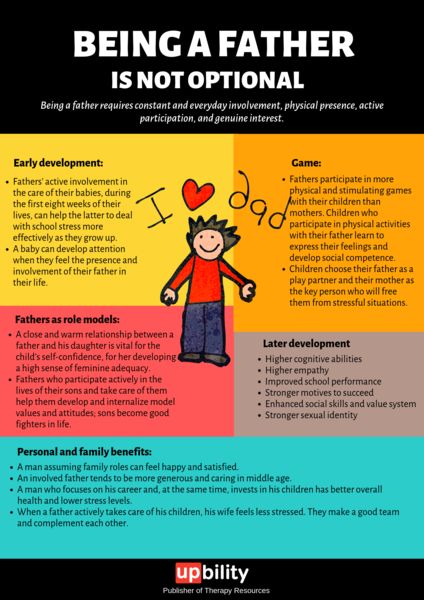
More on Life Skills for Children
- Many of the skills children will need as adults to compete in a global economy are not easily taught in a typical classroom setting. Read more to learn about the lifelong benefits of play.
- One of the most important things you can do as a parent is to raise kind children and therefore, kind adults. Explore our list of everyday ways to encourage kindness in your preschooler.
- How can you give your children the life skills they need to cope in the modern world? Learn simple, everyday ways to build life skills in your children and help them manage stress.
25 Essential Life Skills For Kids To Learn
Assist your child's development into an independent adult by preparing them for life.
Image: Shutterstock
As a parent, you must instill certain basic life skills for kids, including social, interpersonal, coordination, problem-solving, and creative skills.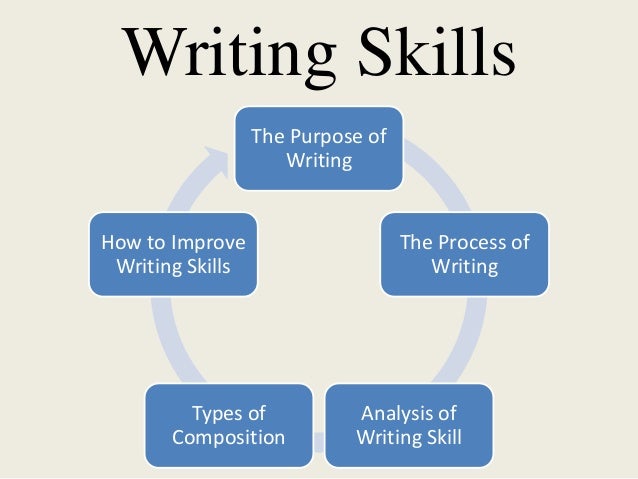 Children who are well-acquainted with these skills may find it easier to make decisions, meet day-to-day challenges, and handle situations better in the absence of elders.
Children who are well-acquainted with these skills may find it easier to make decisions, meet day-to-day challenges, and handle situations better in the absence of elders.
Life skills are to be taught to children from an early age. Parents must make sure that their children learn and practice these skills to grow into successful adults in the future.
Browse through this post to learn about the essential life skills for your child and learn the importance of teaching these skills to your children.
What Are Life Skills?
The World Health Organization defines life skills as “a group of psychosocial competencies and interpersonal skills that help people make informed decisions, solve problems, think critically and creatively, communicate effectively, build healthy relationships, empathize with others, and cope with and manage their lives in a healthy and productive manner.”
Points to consider
Teach your child resilience and adaptability in addition to other important life lessons. You can achieve this by carefully giving your child the tools to address issues independently, so they can handle the problems as they come.
You can achieve this by carefully giving your child the tools to address issues independently, so they can handle the problems as they come.
Empowering your children to hone their life skills will help them make logical decisions and learn what to do in different situations and how to do them.
Importance Of Life Skills For Kids
Developing life skills is a lifelong process and helps individuals grow, become mature, and achieve success. Building essential life skills is an exercise that helps children develop proper judgment and good habits. Life skills also help develop children’s personalities, talents, and mental and physical abilities. In everyday life, possessing life skills helps children
- Find different ways of solving problems.
- Build self-confidence and self-esteem.
- Analyze options.
- Develop a greater sense of self-awareness.
- Appreciate others and build empathy.
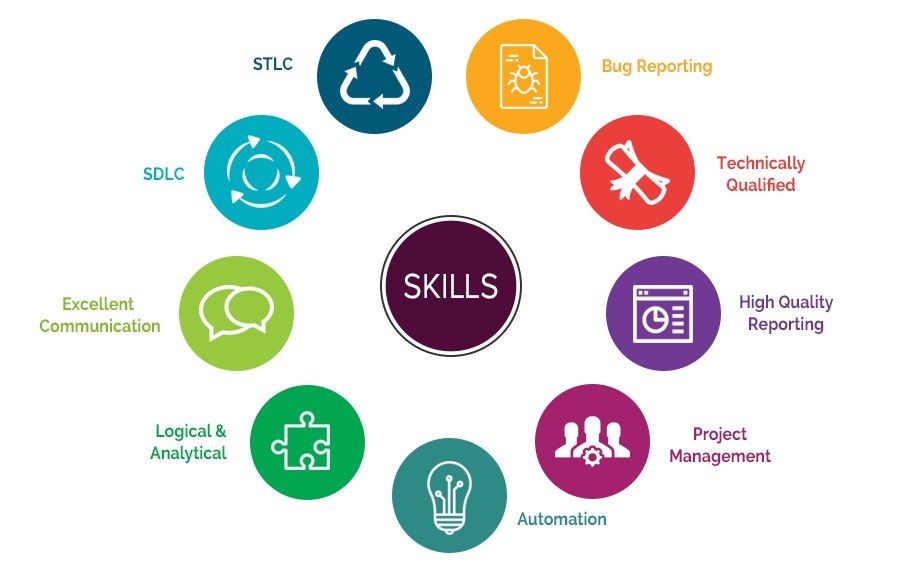
- Make better decisions.
- Recognize the impact of their actions.
- Become responsible.
- Improve self-regulation.
- Prevent negative and high-risk behaviors.
Essential Life Skills For Kids To Learn
Here is a long list of essential life skills that parents should help their children acquire.
1. Cultivating independence
Image: iStock
To let children build independence, allow them to understand a few things on their own and give them opportunities to do tasks and activities without assistance. This helps build self-confidence and self-esteem and encourages them to do simple tasks without help and be self-reliant.
2. Decision-making
Making appropriate decisions is an essential life skill that every child should learn and practice from a tender age. For example, allow your child to choose between different types of clothes, toys, food, and games.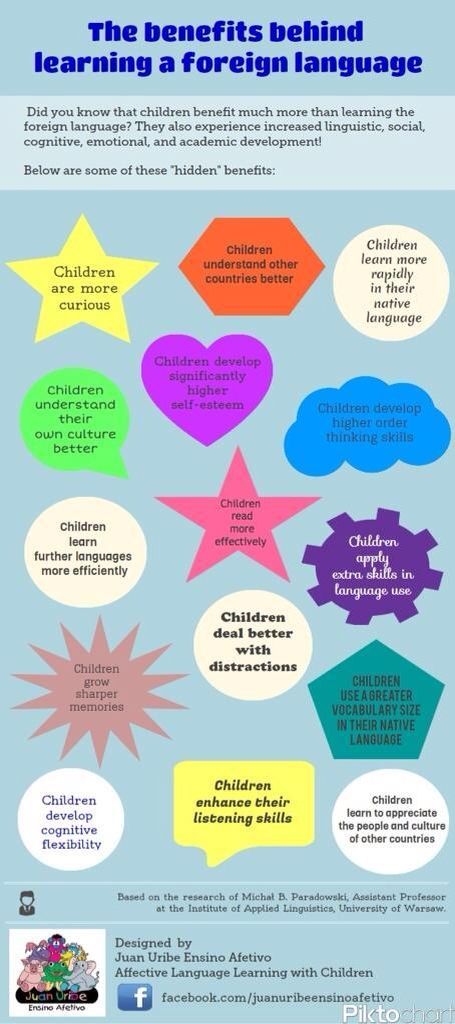 This will help your child learn the consequences of each decision they make. Guide your child through this process to help them weigh the pros and cons before making any decision. Also, allow them to make mistakes when making decisions and learn through practice.
This will help your child learn the consequences of each decision they make. Guide your child through this process to help them weigh the pros and cons before making any decision. Also, allow them to make mistakes when making decisions and learn through practice.
3. Self-defense
Self-defense skills will help the child gain self-confidence and inner strength and serve them well in their lives. Self-defense is not just about protecting oneself from physical force. Instead, it includes being proactive to prevent problems and using assertiveness to respond to bullying. It also teaches children how to identify dangerous situations, assess them, and then handle them.
4. Understanding another person’s perspective
When your child explains some difficult situation that they or their friends encountered, encourage the child to look at the scenario from another person’s perspective. Teach your child the emotional reactions people give out in various situations. This can improve their problem-solving skills and ability to understand people around them.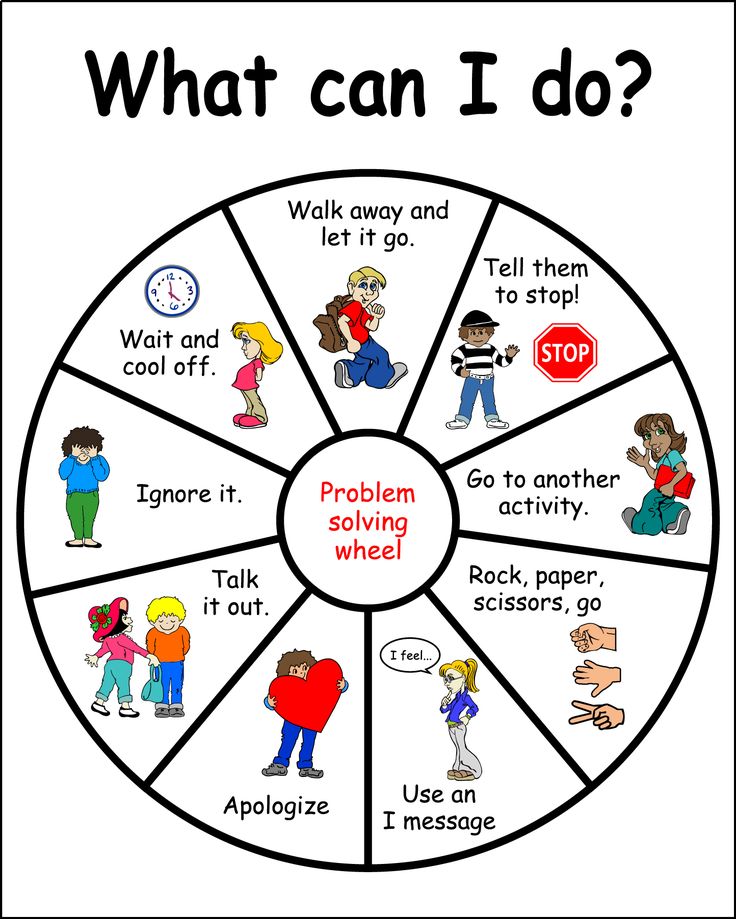
5. Talking to strangers
As your little child grows, they will meet different people, including teachers, classmates, bus drivers, and shopkeepers. Teach your child how to talk to strangers and explain themselves. This will help improve their communication and listening skills and make them more sociable. Explain to your child that not all strangers are bad and that they need to be friendly with people, all the while knowing that they need to maintain a safe distance and not be too friendly with everyone either.
6. Time management
Image: iStock
Time management is a skill that helps children in every activity they do. It teaches them to differentiate between important work and urgent work and prioritize their tasks and duties. To learn a few tips on how to teach time management to children, click here.
7. Coping with failure
Failure is a part of life, and it helps every individual learn life lessons. Remember that you won’t be there to soothe your child every single time they feel left out or falls short at a task.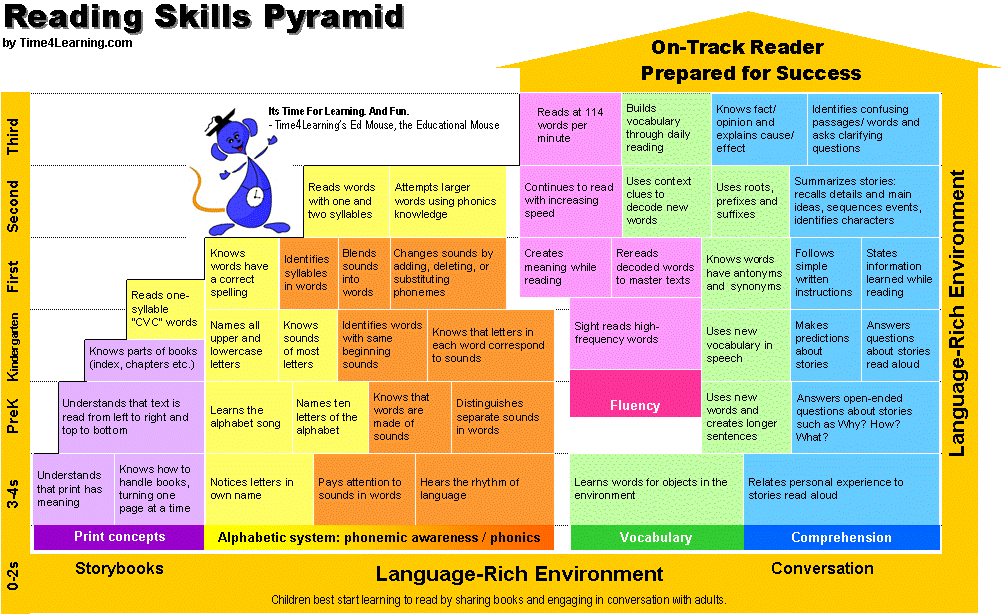
Experts say
Children react differently to disappointment. While some may become silent, grumpy, or stubborn, others may quickly burst into tantrums. It’s crucial to remember that dealing with disappointment can also be challenging for grownups (2).
Make your child understand that failure is a part of the learning process and teach them to embrace their failures. Explain to them that failure doesn’t define a person and that it is how people cope with failures and come out stronger from that that counts.
8. Critical thinking
Critical thinking is one of the essential skills that every child should learn. Critical thinking helps one analyze and absorb information, compare situations, look at things from different angles, and make inferences.
To develop critical thinking in your children, provide them with opportunities to play games that involve critical thinking, allow your child to solve their problems, teach them to reflect on their responses, ask open-end questions, and encourage them to think in new and different ways.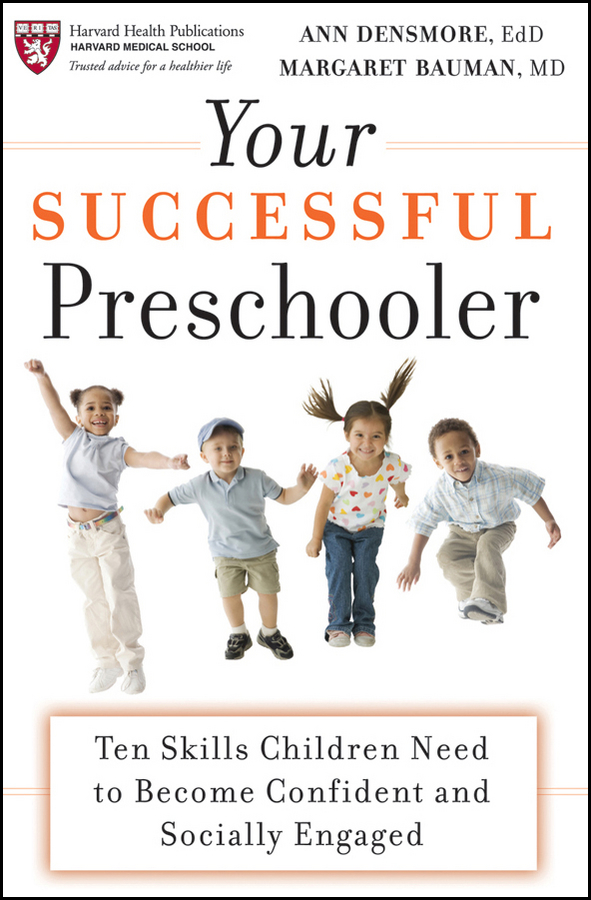
9. Facing challenges
A child can grow up to be a strong adult when they learn how to take on challenges. Therefore, encourage your child to try new and different things. You could let them start by learning how to ride a bike or climb a tree. Let your child choose their challenges, face failure, bounce back from failure, and keep trying. Taking up challenges helps build confidence and a never-give-up attitude in them.
10. Resilience
Resilience is an important skill you should teach your child. This can be developed by not feeding your child with solutions constantly but by allowing them to understand a problem, think about what they can do, and solve it independently. Make sure that your child is flexible enough to adapt to different kinds of changes and environments. Here are a few strategies that you could adopt to help build resilience in your children.
11. Budgeting and managing money
Image: iStock
Being money-savvy is a vital skill every individual should possess.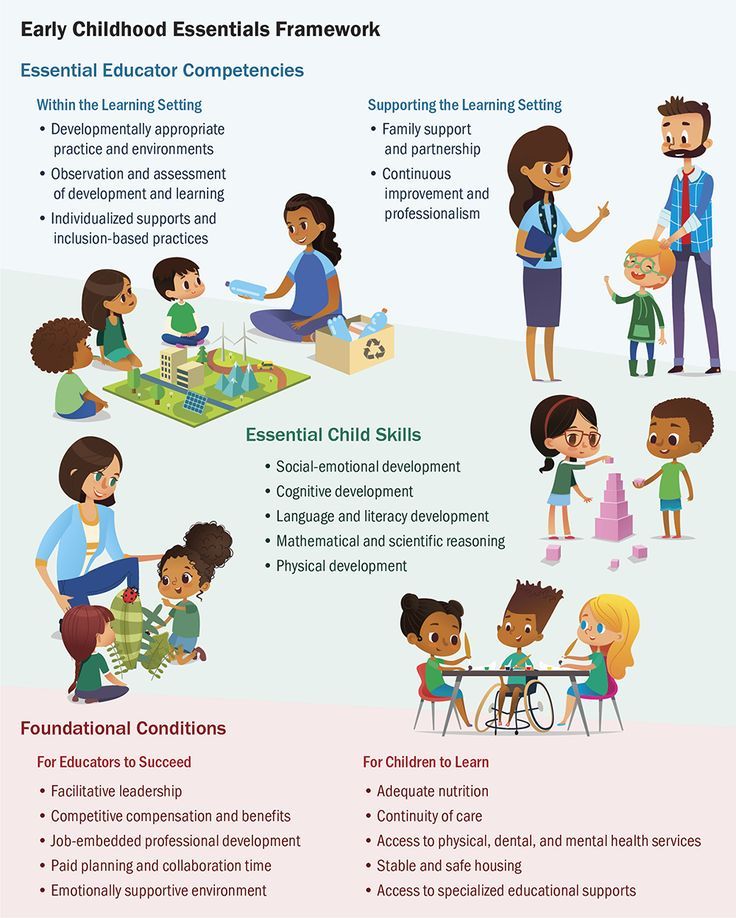 Teach your child how to spend responsibly and invest for their future at an early age.
Teach your child how to spend responsibly and invest for their future at an early age.
You could give your child a certain amount of pocket money once in fifteen days or once a month. If your child wishes to buy something expensive, ask them to save money and buy it. This practice will ensure they plan their budget, save before spending, and not indulge in impulsive buying.
12. Good health and hygiene
It is vital to teach your child the importance of health and personal hygiene from a very young age. Teach them the importance of brushing their teeth twice a day, washing their hands, taking a bath, and eating healthy.
Also, discuss the different types of food based on your child’s interests. For instance, if your child likes taking care of their hair, talk about foods that contain proteins and potassium. If your child loves physical activity and sports, talk about foods that increase stability and stamina.
13. Treating a wound
It is not possible for you to be around your child every time. Empower your child to take care of themselves in case of any emergency. To ensure that your child does not get anxious looking at a wound, avoid overreacting yourself. Let the child know where the first-aid kit is and how to treat wounds and cuts.
Empower your child to take care of themselves in case of any emergency. To ensure that your child does not get anxious looking at a wound, avoid overreacting yourself. Let the child know where the first-aid kit is and how to treat wounds and cuts.
Teach your child to press the area with a clean cloth, hold the cut under the tap water, wash it with a mild soap, apply ointment with a cotton swab, and cover the wound with a bandage, gauze, or tape.
14. Cooking meals
Ask your child to help you make meals. You may assign them a few tasks, such as cutting vegetables and fruits, applying jam or butter onto a piece of bread, or putting the chopped vegetables into a bowl to make a salad.
Preparing simple meals and helping you in the kitchen will help them understand healthy food habits and teach them to be self-independent.
15. Doing laundry
Image: iStock
Teaching your children how to do laundry will reduce your burden and instill responsible habits in them.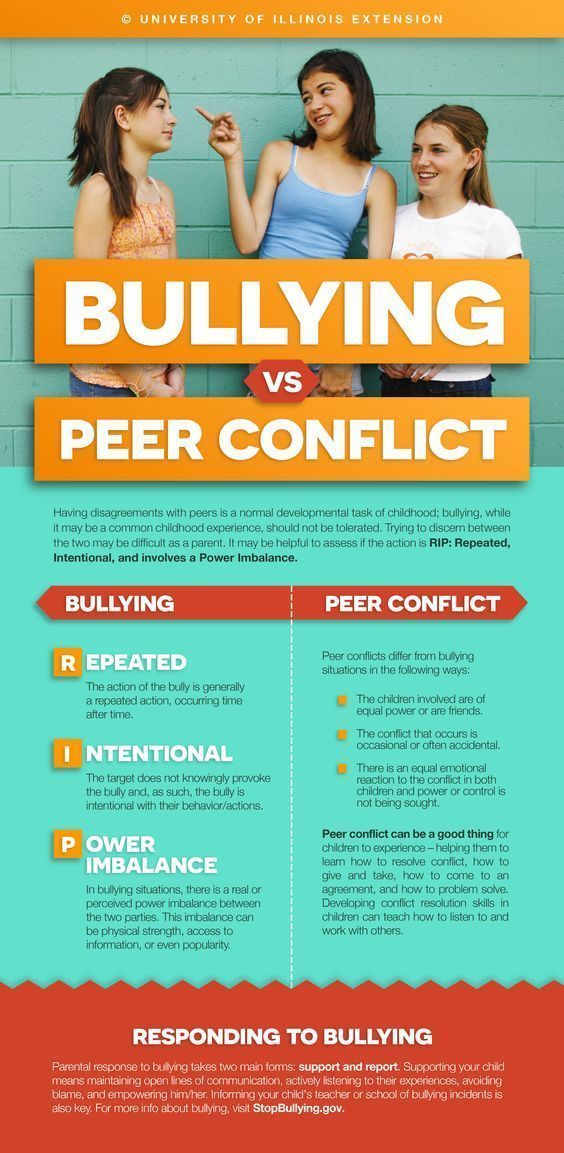 Young children can help in pairing socks and putting dirty clothes into the laundry basket, while older children can be taught how to use washing machines, measure the right amount of detergent, hang laundry for drying, and fold their clothes.
Young children can help in pairing socks and putting dirty clothes into the laundry basket, while older children can be taught how to use washing machines, measure the right amount of detergent, hang laundry for drying, and fold their clothes.
16. Gift wrapping
Wrapping a gift will help develop the child’s creative thinking skills and help them learn different techniques of wrapping. You could give them paper and tape and ask them to wrap gifts for their friends or grandparents on special occasions. Gift wrapping is also a great way to improve your child’s motor skills and hand-eye coordination.
17. Gardening
Allow your child to help you in the garden and learn about different flowers, fruits, and vegetables. Encourage young children to water the plants regularly, while the elder kids can get involved in weeding, painting the fence panels, and mowing under supervision. You could also introduce them to some fun and creative gardening activities or DIY garden ideas.
18. Looking after pets
Having pets at home will help your child build empathy and learn how to be caring and responsible. Your child can help you clean the cages, prepare food, take the pets out for a walk, and prepare the bed for them.
19. Digital literacy
Children of this generation spend a considerable amount of time on their screens. So it is essential to reinforce a few rules to help them safely navigate the digital world. First, allow your child to use the web wisely and for a good reason. Second, teach them how to use the Internet safely and responsibly.
20. Cleaning and doing chores
Image: iStock
Getting children involved in cleaning activities is challenging. Start by asking them to keep their room clean, make their bed, and arrange their table. You could also ask them to help you set the dining table for a meal or clean the dishes after eating. Learning how to do chores helps children understand their responsibilities and become independent.
21. Getting ready
It is essential to allow your child to get ready themselves. Let them pick their outfit for the day and wear it on their own. Teach them how to brush their teeth, take a bath, and comb their hair before school. These are basic skills every child should learn from a very young age.
22. Table manners
Teach your child the basic table manners, such as using a knife and fork while eating, washing the hands before meals, and eating with their mouths closed. You could also teach your child how to behave at a restaurant and how to order food.
23. Swimming
Swimming is one of the essential life skills for children. It benefits children in several ways, both physically and mentally, and helps them build confidence. Swimming is also an excellent way to teach children about water safety and improve their endurance.
24. Using maps
Guide your child with the routes around the city and help them remember the different routes via landmarks.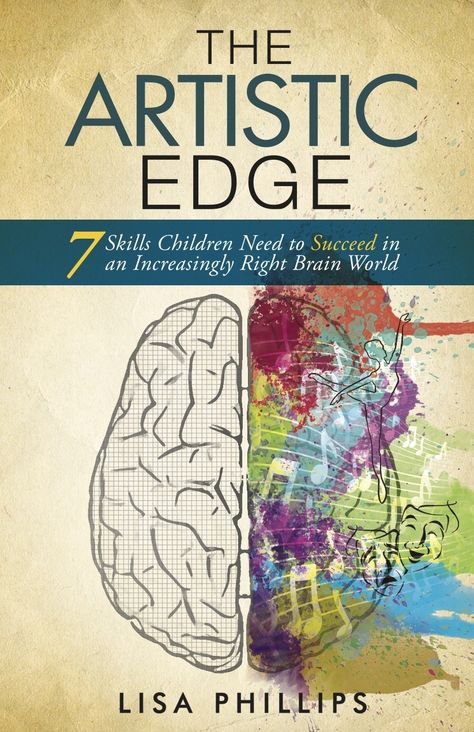 You could also ask your child to direct you to your home every time you go out to ensure that they remember the route. Teach them how to read a map and use a GPS.
You could also ask your child to direct you to your home every time you go out to ensure that they remember the route. Teach them how to read a map and use a GPS.
25. Travelling
It is important that your child knows the basics of traveling. Starting from taking public transport to cycling, make sure that your child is well versed in how to get from one place to the other. For example, teach them how to buy a bus ticket or metro ticket and explain which metro or bus leads to your house.
Life Skills Checklist For Kids
Do you want your child to be prepared to face the real world and grow into independent adults? Help them with these age-specific abilities.
For Ages 2 and 3
| For Ages 8 to 12
|
For Ages 4 to 7
|
Life skills for kids play an intense role in their overall growth and development. These help them succeed in various ventures of life in the right way. Life skills allow children to realize their true potential and improve their self-esteem by making them feel more independent. Learning and adapting them can also enhance their decision-making ability to live harmonically with others in society. Therefore, you must consider teaching these life skills at an earlier age, in ways that they would find fun and entertaining. Lastly, remember that teaching life skills to your child requires effort, patience, time, and consistent work.
These help them succeed in various ventures of life in the right way. Life skills allow children to realize their true potential and improve their self-esteem by making them feel more independent. Learning and adapting them can also enhance their decision-making ability to live harmonically with others in society. Therefore, you must consider teaching these life skills at an earlier age, in ways that they would find fun and entertaining. Lastly, remember that teaching life skills to your child requires effort, patience, time, and consistent work.
Key Pointers
- Building life skills is a life-long process that should begin in childhood.
- Inculcating life skills in children helps them analyze options, make logical decisions, and understand the impact of their decision on others.
- Time management, critical thinking, coping with failure, and resilience are a few life skills that children should learn to be self-aware, confident, and responsible.
- Assigning age-specific tasks to children from a young age can help teach life skills to them.
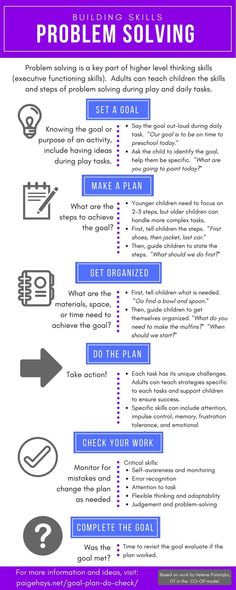
References:
MomJunction's articles are written after analyzing the research works of expert authors and institutions. Our references consist of resources established by authorities in their respective fields. You can learn more about the authenticity of the information we present in our editorial policy.
1. Knowledge Brief; Basic Life Skills Curriculum.
2. How to Help Kids Cope With Disappointment; Katie Hurley.
The following two tabs change content below.
- Reviewer
- Author
8 skills that are useful for developing a preschooler and elementary school student
School preparation / Early childhood development
The LogicLike team talks about the skills that are important to master in preschool and primary school age in the first place.
LogicLike is an online platform for the development of children aged 5-12.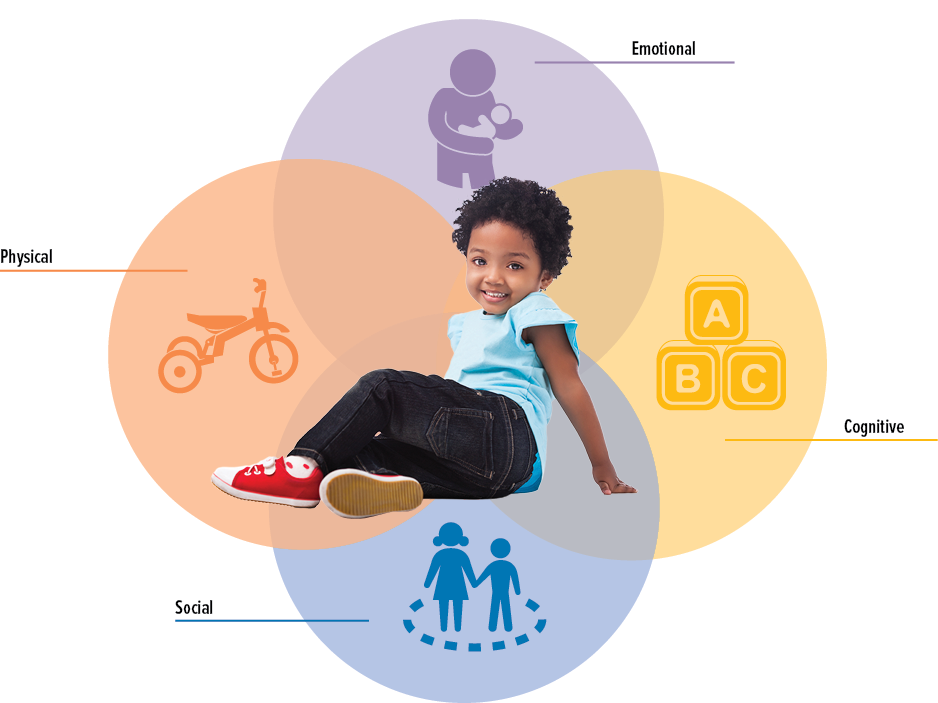 We teach children to reason and work with information, develop logic and non-standard thinking. nine0003
We teach children to reason and work with information, develop logic and non-standard thinking. nine0003
1. Ability and desire to learn: cognitive abilities and interest in learning
Perception, attention, memory, imagination, speech, thinking are mental cognitive processes that make up the ability and desire to learn. For most children, the development of cognitive interest is a natural process laid down by nature. At preschool age, inquisitive children most of all want to discover something new.
Closer to 5-7 years, the child no longer simply perceives information in finished form, as it was before. An inquisitive mind seeks to find answers to questions on its own. An inquisitive preschooler learns to bring different concepts into one system, analyzes them, compares them, looks for patterns and draws conclusions. nine0003
Hot interest and curiosity are the basis of independent motivation of a preschooler and a first grader to study.
The elementary school curriculum does not contain separate classes devoted to the development of cognitive abilities.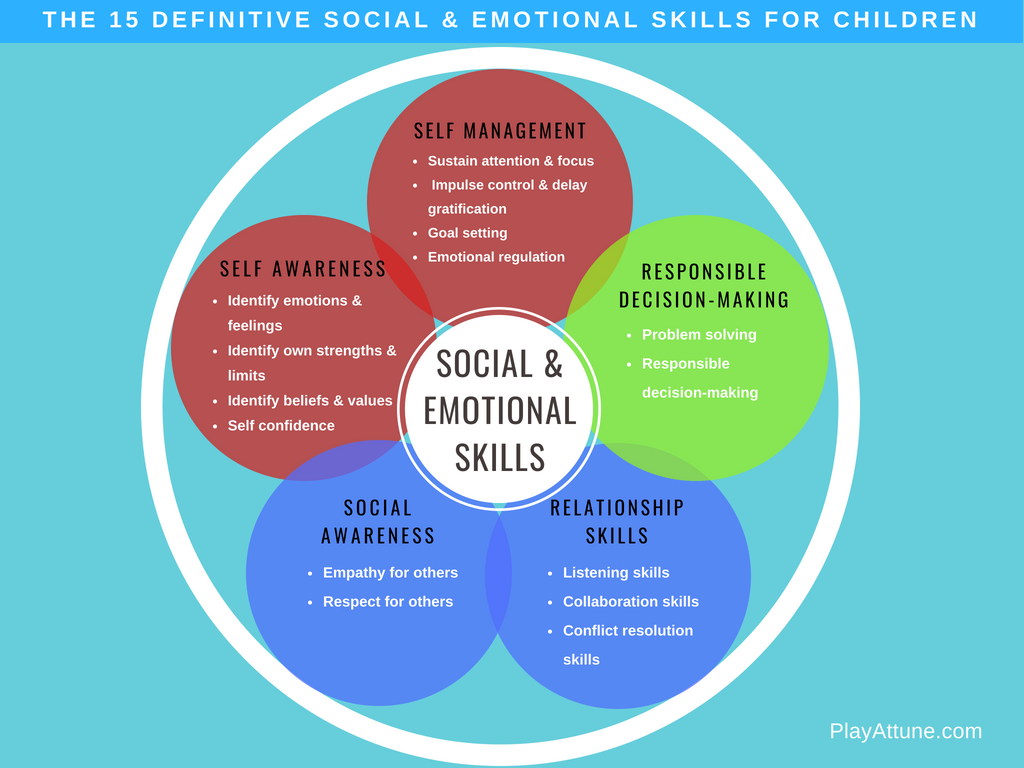 Therefore, the task of teaching the child to learn largely falls on the parents.
Therefore, the task of teaching the child to learn largely falls on the parents.
High cognitive interest plus developed attention, memory, thinking and other cognitive abilities will help you get used to school without stress, become more independent, proactive and avoid chronic academic failure. nine0003
See also: The benefits of entertaining mathematics and solving logic problems.
The ability to learn independently cannot be overestimated. Technology is developing many times faster than it was 20 years ago, and specialists of any profession are in the race for new knowledge. Try to imagine what will happen in another 20 years.
2. Creative thinking: the ability to think outside the box, contrary to patterns
The ability to create something new, unconventional - this is how classical psychology defines the concept of "creative thinking". You should not associate it exclusively with art: extraordinary solutions are welcome in any field of activity, be it acting or mobile application development.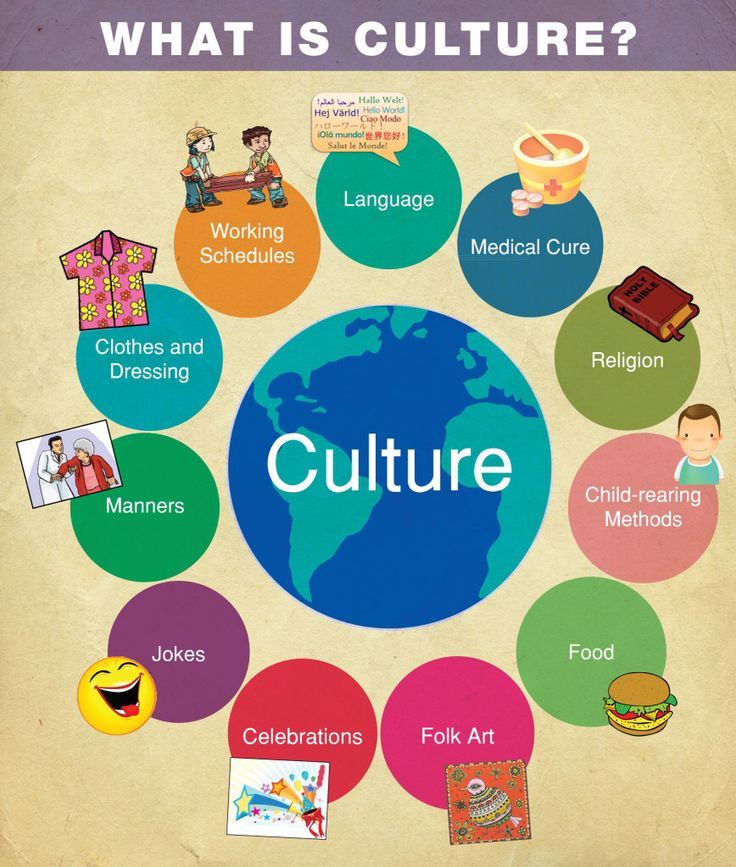 nine0003
nine0003
At the age of 5-7 years, thinking is not constrained by stereotypes and it is easier for a child to learn to be “creative”. This will help in the future to get out of any difficult situations, simply connecting creative thinking.
See also: 10 ideas and exercises to develop creativity.
The ability to think outside the box is useful not only in everyday life. For example, engineer and ornithologist Eiji Nakatsu developed a rounded nose for a bullet train. The idea came from observing the kingfisher, a bird whose streamlined beak allows it to fish easily, plunging into the water without splashing. This train design reduced air resistance and energy costs. nine0003
3. The ability to think logically: we develop logical and mathematical intelligence
Some everyday and educational problems can be solved creatively. But in most cases, when an objective, balanced approach is needed, creativity is not enough. Logical thinking comes to the rescue:
- ability to think;
- to prove the truth or falsity of judgments;
- make informed decisions; nine0040
- explain your position to yourself and others.
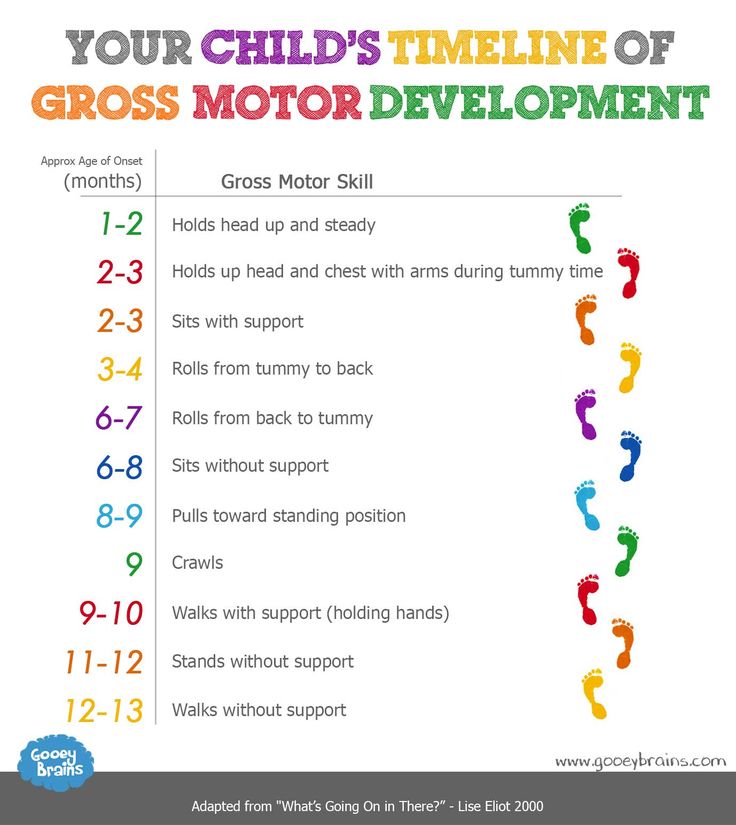
When a child pumps logical thinking and mathematical abilities, he learns to use specific concepts, "weigh" options and make decisions.
Solving entertaining logic problems is a proven way to develop logic in preschoolers and younger students. Is your child 5-7 years old? This is the perfect time to start. nine0003
Day after day, more than 100,000 students
complete 10-20 assignments on the LogicLike website. And how much can you? Choose where to start:
Riddles and questions Riddles and questions
Logic tasks Logic tasks
Children with developed logical and mathematical intelligence can easily cope with school mathematics. In grades 3-4, they win mathematical olympiads and, in general, have more chances for a breakthrough in overall intellectual development. nine0003
4. Spatial thinking and imagination: developing visual-spatial intelligence
It is possible to create 3D pictures in your head, look at them in great detail and rotate them as you like with the help of spatial thinking and imagination.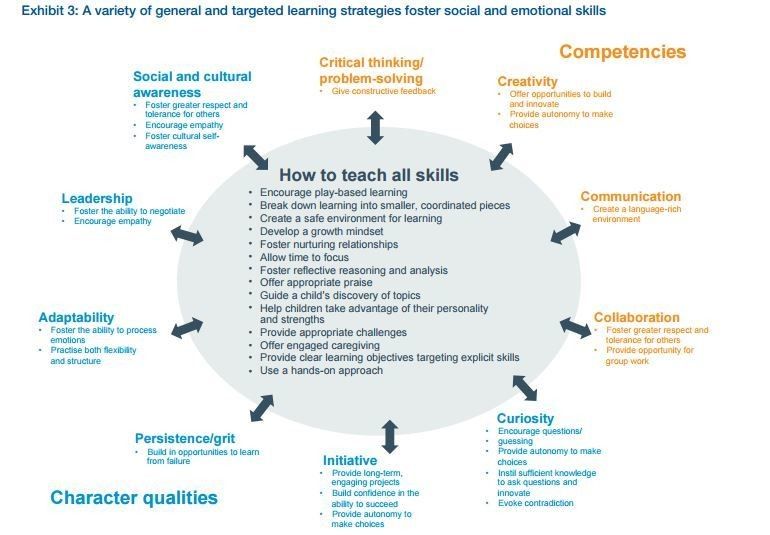 By developing these abilities, the child learns to navigate in space, recognize directions of movement, determine the sides of the horizon, understand the position of objects in space and perceive their shape. nine0003
By developing these abilities, the child learns to navigate in space, recognize directions of movement, determine the sides of the horizon, understand the position of objects in space and perceive their shape. nine0003
This is interesting: Games and tasks for the development of spatial thinking of preschoolers.
Universal skills for success in any endeavors
The ability and desire to learn, creative, logical-mathematical and spatial thinking are components of the intellect and are absolutely necessary for both children and adults. However, this is not enough to achieve success.
Special, "hard" skills (hard skills) affect a person's success in a particular activity. They, too, can and should be developed from childhood, especially if the child has obvious inclinations and interests.
What can determine the success of a person in a variety of activities? General, soft skills It is equally useful in study, work and personal affairs. “Soft” skills are the basis for the development of special skills and human efficiency in everything. nine0003
“Soft” skills are the basis for the development of special skills and human efficiency in everything. nine0003
We have identified 4 universal skills, qualities (their groups) that will definitely be useful to your child at school and later in life.
5. Communication skills: the ability to communicate and speak in public
The ability to conduct a dialogue, negotiate, convince somewhere, and give in somewhere, helps to join the team and find a common language with any person. A sociable person is more likely to reveal his abilities and succeed than someone who is stuck in communication. nine0003
6. Ability to work with information
When the information in the head is not sorted out, but falls into a heap, it is much more difficult to find and use something valuable.
For effective work and study, it is important to be able to:
- evaluate information for accuracy and reliability;
- to filter out the superfluous and empty, to highlight the main thing; nine0039 combine elements into semantic groups;
- memorize and find the right information in time.
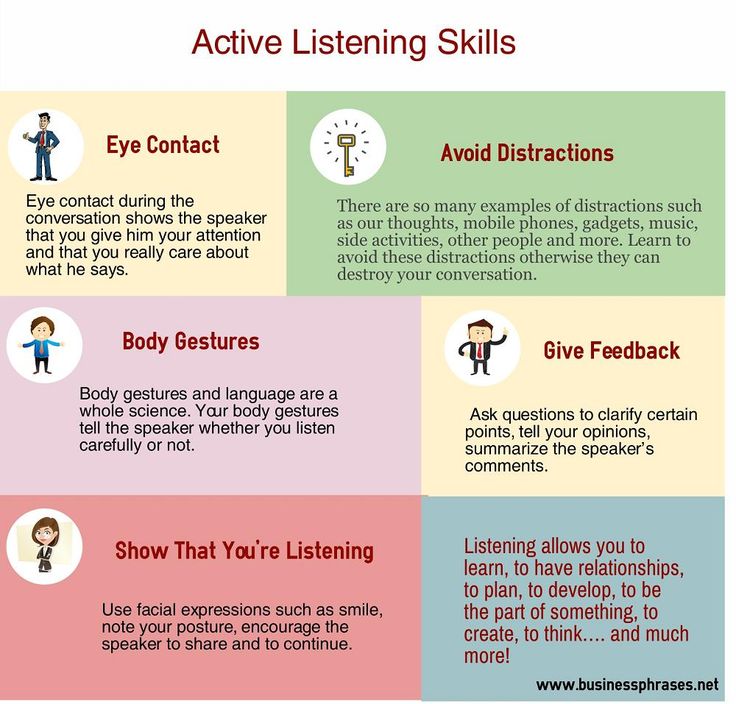
"Who owns the information, he owns the world."
Nathan Rothschild
7. Self-organization, time management
Sometimes it seems that a person's life is organized by circumstances. School drives into the framework of lessons for 45 minutes, work creates the boundaries of an 8-10-hour working day. nine0003
But without the ability to plan things and manage your time, it is difficult to be productive. This is something that is not taught in school, but without which it is difficult to do without in life.
“I’ve been thinking about how to kill time more than once!” said Alice from Lewis Carroll's fairy tale to the Hatter. He answered her:
“How can he (time) like this? If you didn’t quarrel with him, you could ask him for anything you want.
8. Personal qualities: leadership, will, perseverance nine0085
Purposeful, stress-resistant, responsible, proactive, hardworking, able to cope with routine tasks - like a torn line from a resume of a top specialist, isn't it? All these qualities are classified as soft skills.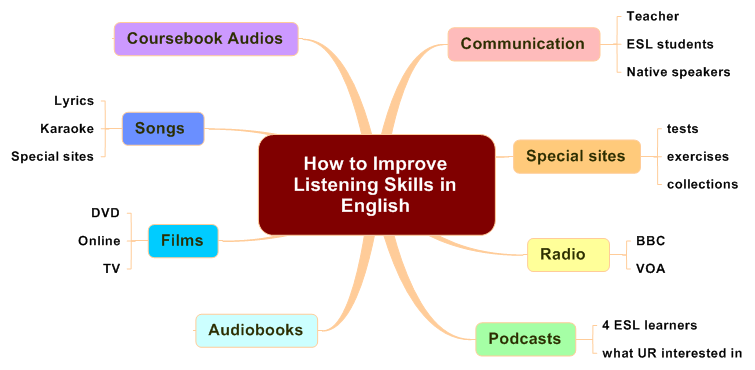 They are not related to a specific profession, but without them any work is difficult.
They are not related to a specific profession, but without them any work is difficult.
Personal qualities are formed in childhood and depend on upbringing. It is important in this regard to correctly “distribute responsibilities” between the school and parents. nine0003
Abilities and skills open up a world of possibilities for the child
It all starts with the discovery of the inclinations laid down by nature, which are easiest to develop into abilities. But without effort, even rich inclinations run the risk of remaining in the stage of unsprouted grains.
A vivid example is in the biography of the Russian painter Vasily Surikov. His inclinations for drawing appeared early, but by the time he entered the art academy, they were not developed to a sufficient degree, according to teachers. nine0003
“Is this your work? Yes, for such drawings, you should even be forbidden to walk past the Academy!
, the examiner remarked sternly.
Surikov did not agree, in three months he completed a three-year course with the artist Dyakonov and successfully entered.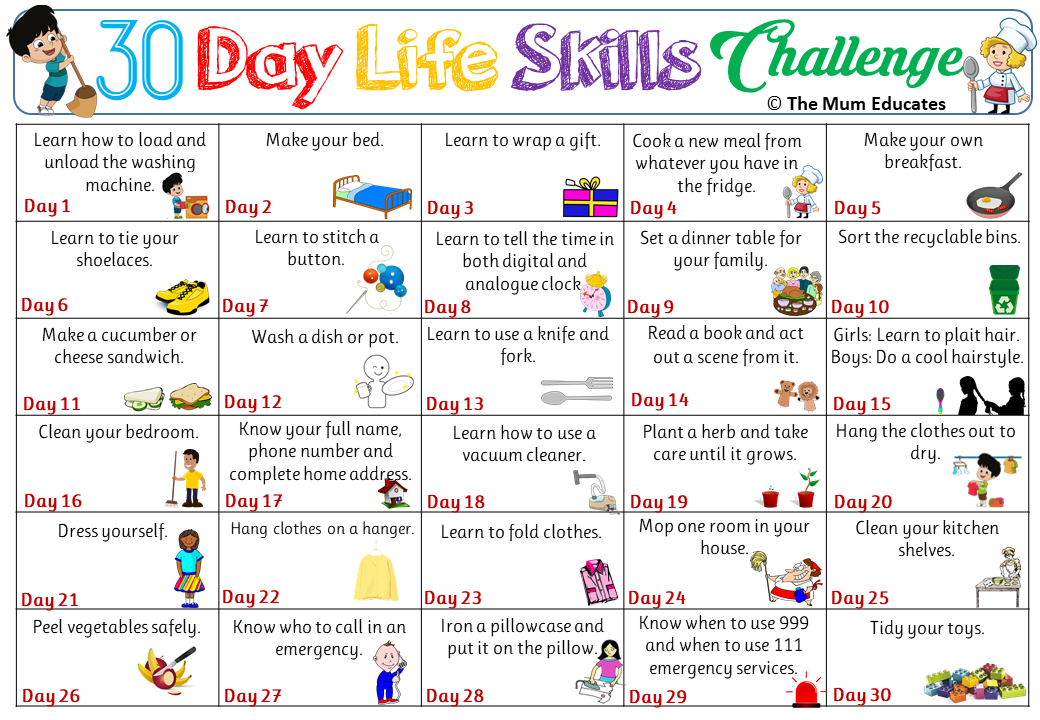 To make this example even more revealing, imagine that Surikov never discovered his ability to draw.
To make this example even more revealing, imagine that Surikov never discovered his ability to draw.
How do you like it if your child agrees with the school teacher, they say, “well, there are no abilities for mathematics and logic - a humanist”? nine0003
At any age, it's not too early and not too late!
In childhood, the potential for the distant future is laid. But does this mean that it is already too late for adults to develop their abilities? Not at all.
This is confirmed by people who debunk myths by their example. Belarusian biathlete Daria Domracheva received two higher economic educations before realizing in sports.
Self-taught artist Henri Rousseau began painting at a mature age, with only military service and customs experience behind him. It is never too late to develop and discover a second wind. nine0003
What else is worth remembering?
- Listen to your child and help him develop in what he likes. Do not try to realize only your ambitions, do not strive to grow a new Hans Zimmer or Steve Jobs.
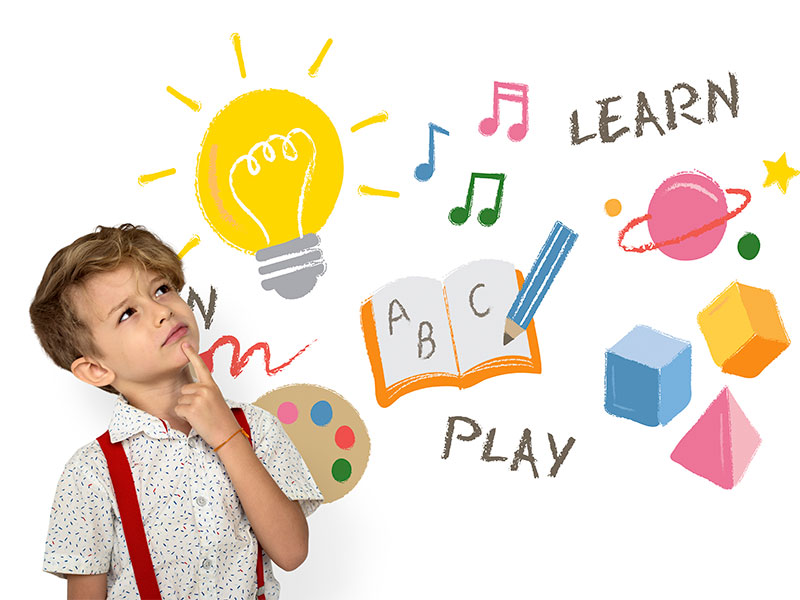
- Lay down the basic abilities that will definitely come in handy for any teenager and adult. For this, he will definitely thank you.
- Continue the development of thinking, cognitive interest and other skills with LogicLike. Our activities are fun for kids and adults! nine0040
On the LogicLike platform, we teach and develop children in a playful way, from simple to complex. Study online at any convenient time.
To share with friends:
We will teach you to reason and work with information
More than 150,000 children and parents from all over the world are already developing logic and thinking on the LogicLike website.
Start classes! Start classes! nine0003
10 skills to teach a child in the digital age
The world is changing rapidly, some professions disappear, others appear. It is no longer possible to learn one thing so as not to relearn and acquire new competencies.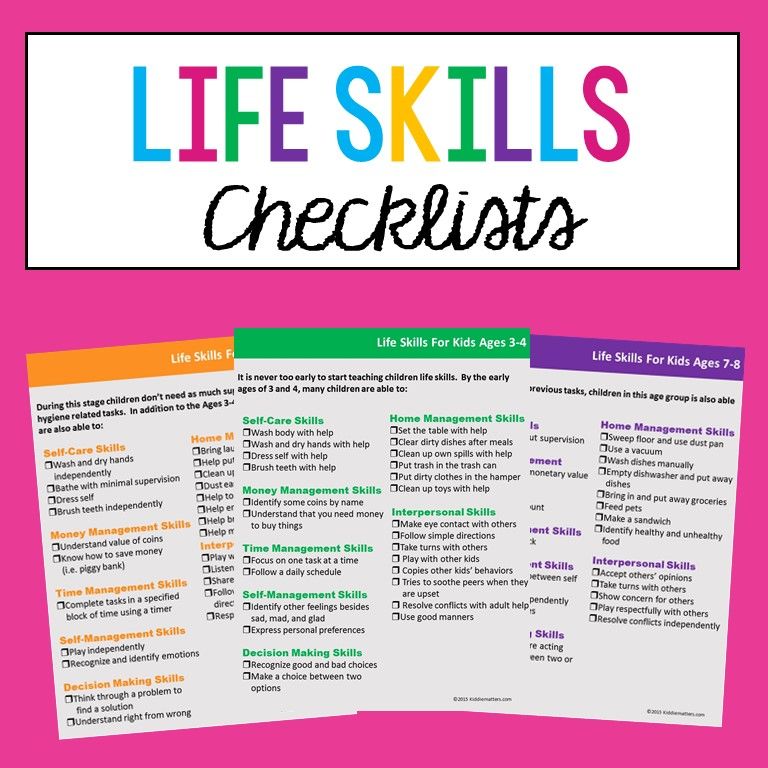 But there are skills that will always be in demand in the digital world. Specialists from the CrashPro School of Professions of the Future will tell you what to teach children.
But there are skills that will always be in demand in the digital world. Specialists from the CrashPro School of Professions of the Future will tell you what to teach children.
We analyzed the key skills discussed in the report of the experts from Global Education Futures and WorldSkills Russia and added to the list. nine0003
1. Concentration and attention control
In the future, routine work will be automated, leaving people with the most complex tasks. The ability to concentrate is useful to cope with information overload, manage complex equipment and systems. Play board games with your child that develop memory and attention, similar game applications can be downloaded to his gadgets. Also, concentration of attention is improved by robotics, because there you need to consistently assemble the structure according to the scheme. This is an exciting activity for children, they can do business for a long time, bringing what they started to the end. nine0003
Reward your child if he loses interest in the middle of a session, praise and celebrate when he has finished.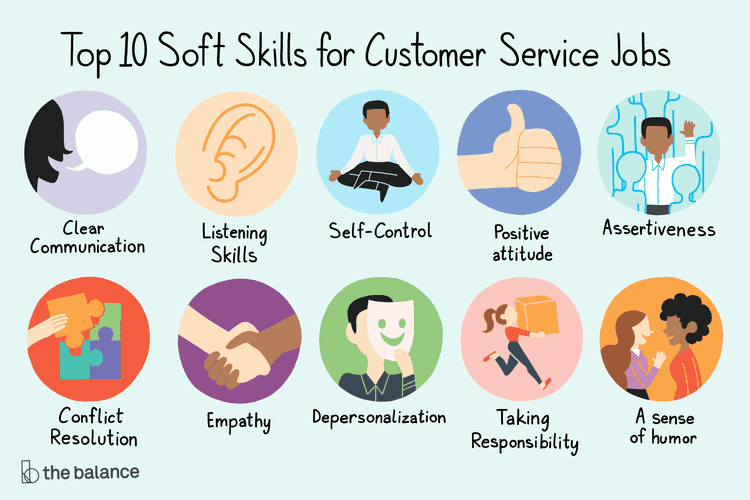 Tell the children about the “interest graph” in the learning process. At first everything is easy and interest is high, but as the material becomes more complicated, interest falls and reaches the bottom, at this time most children want to quit classes, they need support and encouragement from an adult. Then the child begins to slowly succeed already at a difficult level, he works again and studies with pleasure.
Tell the children about the “interest graph” in the learning process. At first everything is easy and interest is high, but as the material becomes more complicated, interest falls and reaches the bottom, at this time most children want to quit classes, they need support and encouragement from an adult. Then the child begins to slowly succeed already at a difficult level, he works again and studies with pleasure.
2. Emotional intelligence
Empathy, empathy, the ability to hear and listen to others - something that machines will never have. Emotional intelligence is now understood as the ability to understand the motives of other people and the ability to manage one's own emotions. Emotional intelligence will help you work in a team and better understand colleagues, as well as manage a team. For its development, the child should have time to play with peers, team games and project-based learning can also help - pedagogical technology when children study in teams. nine0003
3.
 Digital literacy
Digital literacy We live in a digital age. Online you can buy clothes and products, chat and play, you can even find your soulmate using dating sites or applications. But gadgets are not just entertainment, they should become a tool of knowledge, benefit the child. It is impossible to live in the digital world without the ability to work with digital technologies, including virtual and augmented reality. In a number of forecasts, there is an opinion that programming skills can become as necessary for a person as the ability to read and write. nine0003
4. Creativity
Routine tasks are performed by machines, so the ability to think outside the box and create something new will be in demand. Creativity is not born from birth, this skill can be developed. This will be helped by classes where the child creates independently, finds new non-standard solutions.
At the CrashPro School of Professions of the Future, junior schoolchildren from the age of seven to nine are engaged in robotics - at this age it is important to strengthen concentration skills so that children can better cope with the increased study load.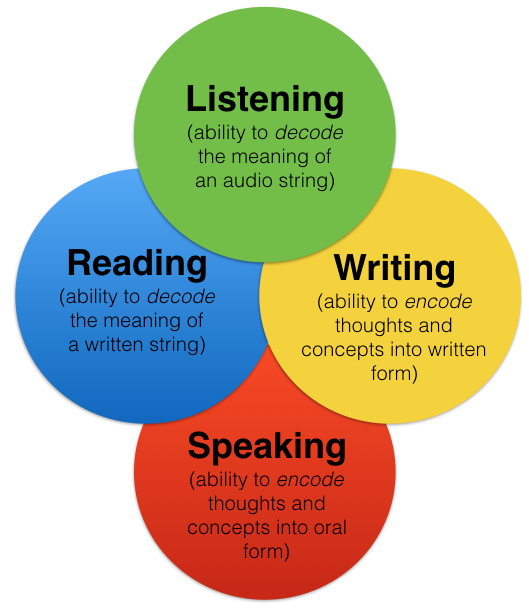 nine0003
nine0003
Computer literacy is taught here from the age of six, and programming from the age of eight. Creativity develops within the framework of project-based learning, which is used in all CrashPro courses - from animation to programming. Well, children can develop critical thinking in media literacy classes.
5. Intercultural communication
Humanity faces global problems: climate change, overpopulation, environmental pollution and others. Humanity needs to unite to solve them. In science, this has already happened - scientists work in international teams. Big tech companies, too. Such work requires the ability to communicate with people of other cultures, to find a common language with them. A person with an open mind and an open mind - someone who can interact with different people, regardless of their beliefs - is more likely to succeed. Study other people's customs and traditions, introduce your child to a foreign culture. nine0003
6. Self-learning ability
This skill is necessary, since a person of the future will have to change about 15 professions in his life.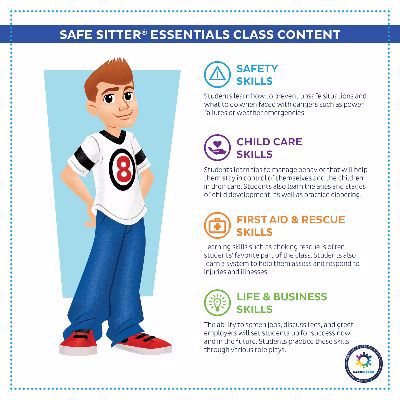 He needs to be flexible, constantly relearning and gaining new skills to keep up with the changing reality. Children need to be taught the habit of acquiring new knowledge - the more effectively they learn to assimilate information, the easier it will be for them to cope with changes. Encourage the child's interest in the environment, answer his questions, if you don't know - look for answers together, give new information about what interests him. nine0003
He needs to be flexible, constantly relearning and gaining new skills to keep up with the changing reality. Children need to be taught the habit of acquiring new knowledge - the more effectively they learn to assimilate information, the easier it will be for them to cope with changes. Encourage the child's interest in the environment, answer his questions, if you don't know - look for answers together, give new information about what interests him. nine0003
7. Initiative
Initiative is the desire to influence the phenomena and processes occurring around. An enterprising person does not go with the flow, he chooses his own path, knows how to defend his position, and is not afraid to take responsibility. You can help a child become proactive, if you don’t patronize him unnecessarily, let him make decisions on his own, give him the opportunity to choose: in food, education, clothing, and so on.
8. Critical thinking
In an era of information overload and the ability to establish online contacts with a large number of people, a child must distinguish true information from false, good contacts from bad, useful content from garbage.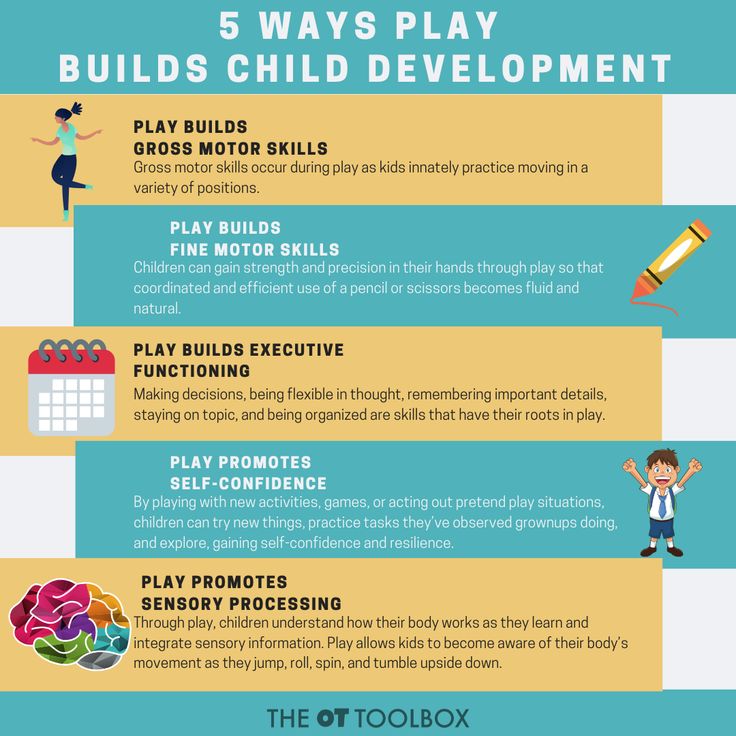 This needs to be taught before children start going online on their own. nine0003
This needs to be taught before children start going online on their own. nine0003
9. Ability to work in a team
The child should be able to find a common language with people, unite with other team members to solve common problems - after all, the tasks of the future will be complex, they cannot be handled alone. The skill to act in the common interest should be nurtured from an early age. Project-based learning will also help in this, where children are taught how to interact with each other for the successful implementation of the project.
10. Self-organization
Most likely, in the future, people will work off schedule from 8.00 am to 5.00 pm. The number of remote workers is already on the rise. In 2017, the International Labor Organization calculated that their share of all workers in developed countries is 17%. And in the US and Japan, 40% of people already work outside the office. nine0003
Generations Y and Z tend to change jobs every two to three years and are more likely to choose a free schedule.